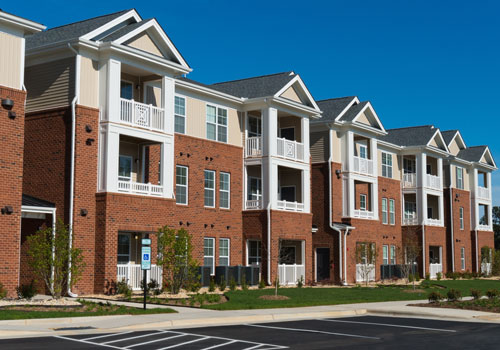Live with the Pack – On-Campus Housing at CSUSB
Experience the best of college life at Cal State San Bernardino. CSUSB on-campus housing offers convenience, community, and comfort—steps from your classes, dining, and student life. Be part of the Coyote Pack and live where you learn.
Live Where You Learn
Join a vibrant, supportive community designed to help you thrive academically and socially. Living on campus means unbeatable convenience, lasting friendships, and access to everything CSUSB has to offer—right outside your door.
Off-Campus Housing
Apartments Near Campus
We suggest the following apartment complexes, which are very close to campus!
Short Term Accommodations (Hotels)
San Bernardino
Housing Options

Apartments:
Several apartment complexes are located close to CSUSB. Most include a living room, kitchen, one or more bedrooms, and one or more bathrooms. When planning your housing budget, consider whether furniture, internet, or utilities are included in the rent. Some apartments offer monthly leases, but most require a 6 or 12-month lease. Always read the lease carefully and ask questions if you’re unsure about any terms or language.
To rent an apartment, you may need to provide documents such as:
- A valid passport
- A state-issued ID or driver’s license
- Proof of financial resources

Houses:
Some students choose to rent houses off campus. These are usually unfurnished and more expensive. Tenants are often responsible for lawn care and maintenance unless otherwise stated in the lease. Most house rentals require a one-year lease.
Tips to Keep in Mind
- Visit the property before signing a lease. Visiting does not mean you are required to rent it.
- Read the lease carefully and ask for help if any parts are unclear or confusing.
Understanding the Lease
A lease is a legal agreement between a tenant (you) and a landlord (the property owner or manager). It outlines the rent amount, lease duration, and responsibilities of both parties.
- Most leases are for 6 or 12 months. If you leave early, you may still have to pay rent for the remainder of the term.
- Some leases include utilities or furniture—others do not. Always confirm what's included.
- Ask for all agreements in writing and keep copies of everything you sign.